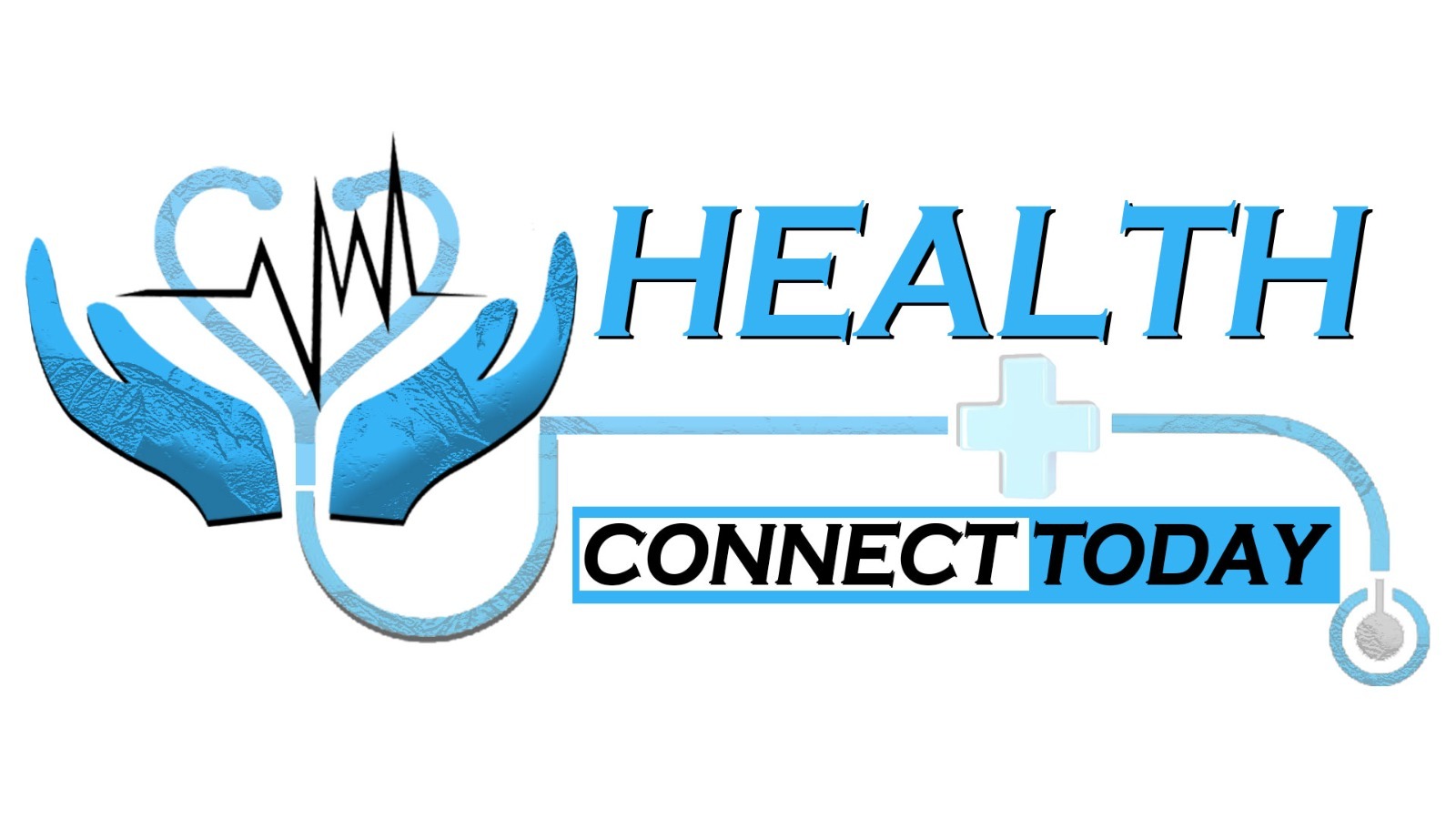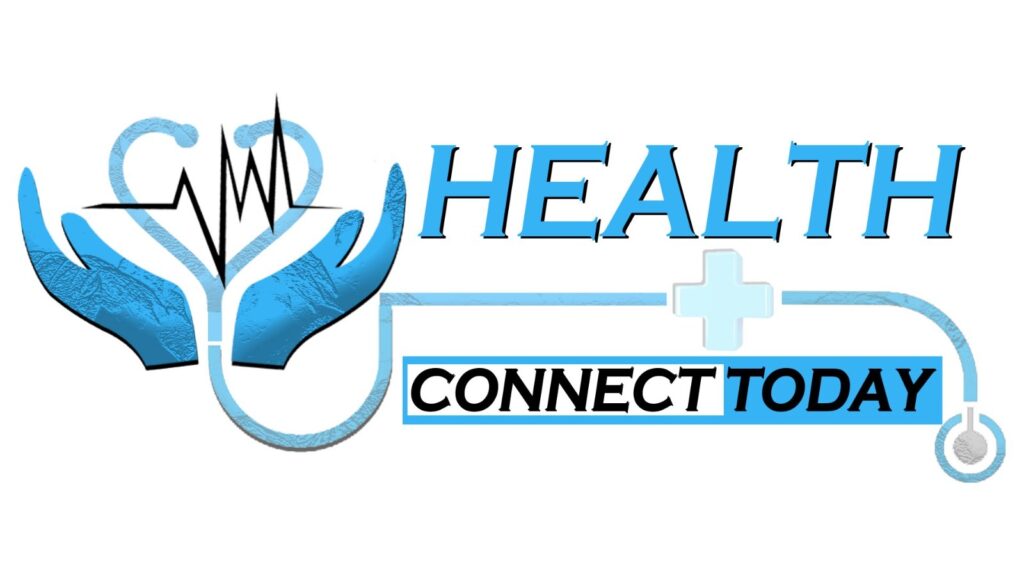Pregnancy is one of the exciting and transformative phases of life, which also comes with some challenges like chronic pain. Women’s body goes through multiple physical and hormonal changes that can cause pain in the back, hip, and abdomen. Managing this pain is essential for the comfort of the mother. In this blog, we are going to share some tips and remedies for chronic pain management during pregnancy.
What Causes Chronic Pain During Pregnancy?
Different changes occur in women’s bodies which can cause pain. Some of the crucial reasons are:
- Release of a hormone named relaxin, which prepares the body for childbirth. This hormone can cause discomfort and pain in joints.
- The weight of the baby can strain the body, causing lower back pain and discomfort in the hips.
- A growing belly changes the woman’s posture, which causes pain.
- Women can have brittle bones, vitamin D deficiency, or old injuries that cause bone pain.
Tips for Chronic Pain Management in Pregnancy
Chronic pain during pregnancy may become difficult to deal with. Exercise, home remedies, and lifestyle changes can alleviate this and let you have relaxation during this phase.
Maintain Your Posture
Your body undergoes several changes, one of which is a change in posture. In this condition, maintaining the posture can save you from pain in the back, hips, and joints. Align your shoulder and back according to the spine. Sit on a comfortable chair and avoid putting weight on the back because it is already suffering the weight of the baby. Keep your feet flat, and try not to cross your legs when sitting.
Exercise Gently
Chronic pain management comes with staying active instead of resting 24/7 unless your doctor prescribes bed rest due to other complications. Here are some beneficial ways of exercising without stressing your body:
- Walk daily because it increases circulation and strengthens muscles
- Try swimming, as the water reduces the pressure on your joints.
- Do prenatal Yoga, which gives flexibility and relaxation and can help ease tension.
Stretch Your Muscles
Try different stretching techniques daily to make your body flexible without hurting the muscles.
Here are some simple and gentle stretching techniques:
- Tilt your head to one side toward your shoulder. Keep for 15-30 seconds and switch sides.
- Move your shoulders forward and backward.
- Stretch your back while sitting by leaning to one side, then the other.
Maintain a Healthy Diet
Your body needs extra nutrients to support your body as well as your baby. Include fruits and vegetables in your diet with vitamins and antioxidants. Take brown rice, oats, and bran bread. Proteins are also essential. Eat chicken, fish, beans, and legumes to add strength to your muscles. For healthy fat, take avocados, nuts, and olive oil.
Do Gentle Massage
Prenatal massages are very effective in making the body relax. For this, you can go to a massage therapist who has prior experience in prenatal massage techniques. Discuss your pain points with the therapist so that a massage can be given according to your needs. You can also massage yourself with your hands or a massage ball to gently rub tight areas or pain points.
Try Herbal Remedies
Herbal remedies can provide relief from pain in pregnancy. They are the natural way of relieving the pain without causing any harm. Here are some remedies:
- Take ginger tea, which can reduce nausea and muscle pain.
- Chamomile tea can promote relaxation and may help reduce muscle tension.
- Applying peppermint oil to the pain areas can reduce the pain.
Take Multivitamins
During pregnancy, it is important that your body gets full nutrition to supply the baby as well as the body of the mother. Sometimes, diet is not enough, and women may experience muscle pain and fatigue due to a deficiency of multivitamins.
- Magnesium reduces cramps and tension in muscles.
- Vitamin D supports bone health and reduces fatigue.
- Calcium is essential for strong bones and the proper function of muscles.
Consult your doctor and start taking multivitamins from the beginning of your gestation period.
Get a Good Sleep
Quality sleep is very important for recovery during pregnancy. Create a routine by waking and sleeping at a fixed time. Try to get a relaxing sleep by napping in a quiet and dark room. Reduce the use of screens before sleeping to avoid straining your eyes, which can cause muscle pain.
Limit Caffeine Intake
Caffeine can cause tension in muscles and can disrupt your sleep schedule. Manage your caffeine consumption and be mindful that caffeine is not just present in coffee and tea but also in chocolates and soft drinks. Opt for decaffeinated coffee to minimize your caffeine intake.
Get a Pregnancy Pillow
This pillow can provide good support during sleep. U-shaped or C-shaped pillows are available that provide full-body support and maintain proper alignment. Also, put the pillow between your knees for extra support.
Conclusion
During pregnancy, many women suffer from muscle pain, especially in the back, hips, and abdomen. This is quite normal and can be managed with a few healthy tips. Our blog has highlighted some for you to help you manage pregnancy pain. But if your pain keeps getting worse, discuss it with your doctor.

